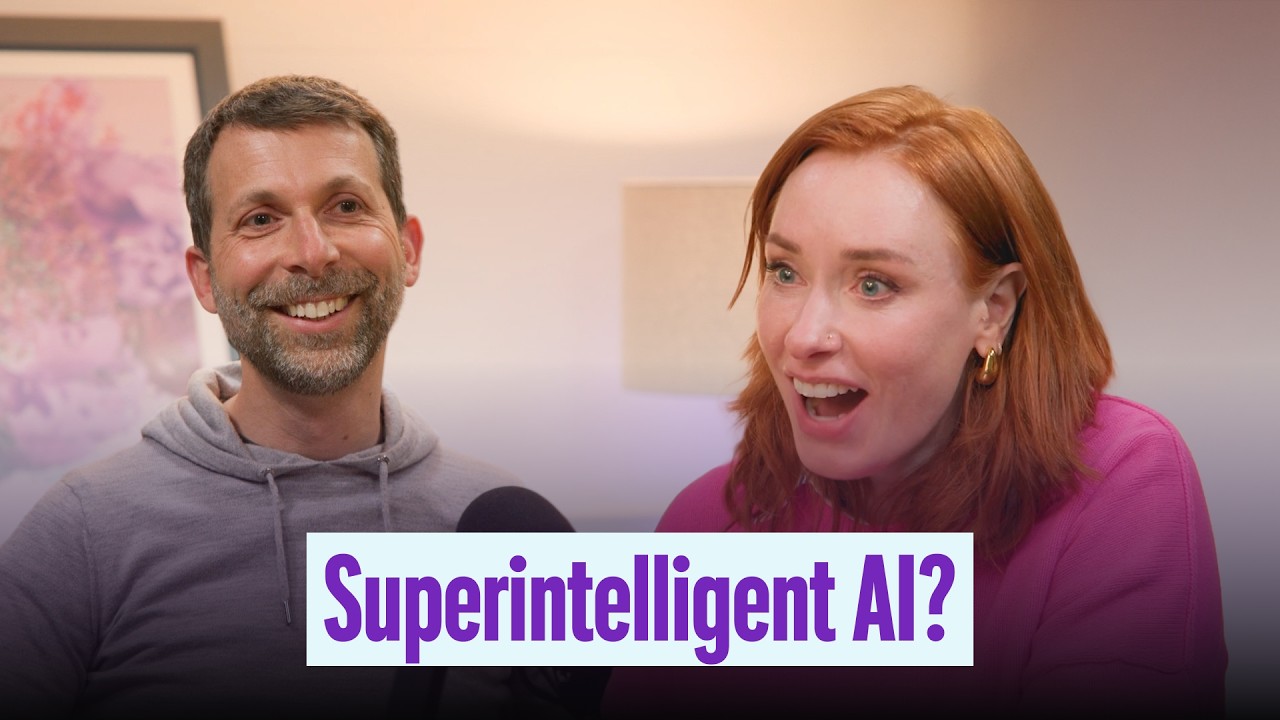In the podcast, David Silver discusses the transition from relying on human-generated data in AI to a new “era of experience,” where AI systems learn through their own interactions, exemplified by AlphaZero’s self-play approach. He emphasizes the limitations of human data in AI training and highlights the potential for autonomous learning to lead to significant advancements, particularly in fields like mathematics, while also addressing the associated risks and the need for careful oversight.
In the podcast episode featuring David Silver, a key figure behind AlphaGo, the discussion revolves around the evolution of artificial intelligence (AI) and the transition from the “era of human data” to what Silver terms the “era of experience.” Silver argues that while current AI models, particularly large language models, rely heavily on human-generated data, the future of AI should focus on systems that learn through their own interactions with the world. This shift is essential for developing AI that can discover new knowledge beyond human understanding, emphasizing the need for machines to generate their own experiences.
Silver contrasts the traditional approach of using human data with the methods employed in AlphaGo and AlphaZero, which learned entirely through self-play without any human input. He explains that AlphaZero’s success stemmed from its ability to learn through trial and error, playing millions of games against itself to refine its strategies. This method allowed AlphaZero to surpass human performance levels, demonstrating that AI can achieve superhuman capabilities without being constrained by human knowledge or data.
The conversation also touches on the limitations of human data in AI training. Silver highlights the “bitter lesson” of AI, which suggests that relying too heavily on human knowledge can limit an AI’s potential. He argues that while human data can provide a useful starting point, it can also create ceilings that prevent AI from exploring and discovering new strategies or solutions. By removing human data from the equation, AI systems can focus on learning from their own experiences, leading to greater innovation and breakthroughs.
The discussion further explores the implications of this shift for various fields, including mathematics. Silver introduces AlphaProof, a system designed to prove mathematical theorems autonomously, without relying on human-generated proofs. This system represents a significant advancement in AI’s ability to tackle complex problems and could potentially lead to breakthroughs in unsolved mathematical conjectures. Silver expresses optimism that AI could eventually contribute to significant advancements in mathematics, similar to its impact on the game of Go.
Finally, the podcast emphasizes the importance of careful consideration as AI moves towards this new era. While the potential for AI to learn and innovate independently is exciting, it also raises concerns about safety and alignment with human values. Silver acknowledges the risks involved in untethering AI from human data and stresses the need for ongoing research to ensure that AI systems can adapt and respond to human needs effectively. The conversation concludes with a reflection on the transformative potential of AI and the importance of fostering systems that can learn and grow autonomously.
